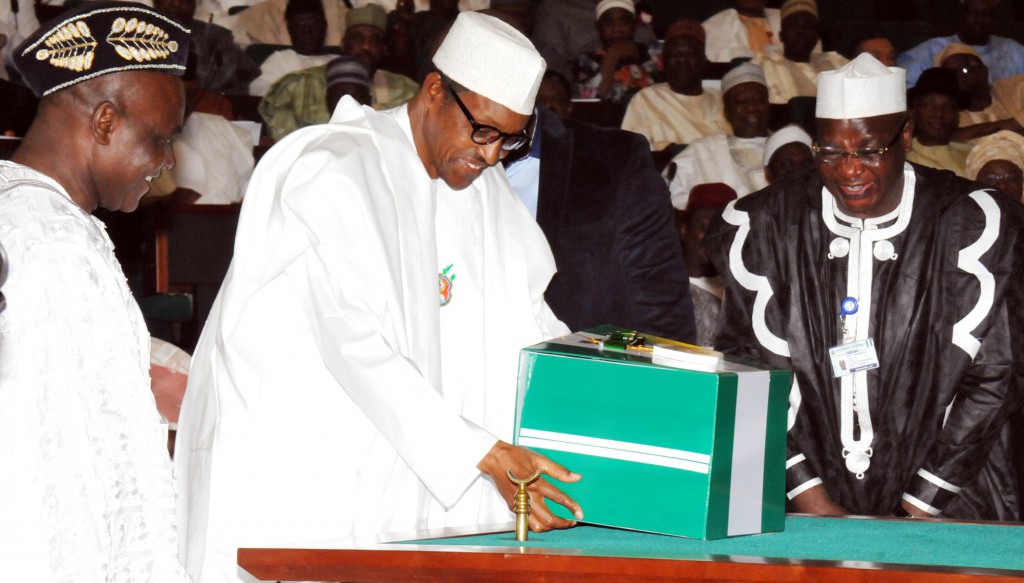REVIEW OF THE 2017 FEDERAL APPROPRIATION BILL AND ESTIMATES.
-
February 16, 2017
- Posted by: Center for Social Justice

INTRODUCTION
This Review of the 2017 Federal Budget Estimates is prepared with a view to facilitate the legislative approval of the budget and to generate discourse in the Nigerian society of the challenges, options and choices open to the Federal Government of Nigeria in using the budget as a tool for economic recovery. With the collapse of oil prices, Nigeria entered a recession with its macroeconomic indicators headed south. The need for a stimulant to get the economy back on track has become a fundamental imperative for economic governance.
The Review analyses the background to the budget including the procedural, legal issues and the documents that should have accompanied the budget from the executive to the legislature. It seeks to answer the questions about the realism in the revenue and expenditure framework and how the macroeconomic assumptions can help the country to exit recession. The exchange rate, inflation rate and interest rate came up for review whilst the proposal for capital and recurrent expenditure including debts and deficits were analysed. Despite the mantra of diversification, there is still the dominance of oil revenue at a time the country is yet to fully explore the potentials of the oil value chain.
Whether the estimates are in harmony with high level policy provisions came up for review. Again, the fact that the current administration is yet to produce an overarching, coherent and consistent economic policy framework is seen as a drawback to the estimates. The review of key sectoral allocations shows gross underfunding of the social sectors in education and health and a token vote to the agriculture sector. The estimates failed to provide for the Basic Health Care Provision Fund which is 1% of the Consolidated Revenue Fund under the National Health Act. Government resources are spread so thin over so many capital projects. Some of the capital projects like the East West and Abuja Lokoja roads have been under construction for over ten years with no hope of completion within the next two years.
The Review ends with recommendations. The key issues include the preparation of an economic policy framework by the administration; early start and conclusion of budget preparation and approval; preparation of MDA specific budget preparation templates that take cognizance of their respective mandates; enactment of relevant sectoral reform laws and policies and alignment of allocations with extant laws and policies. Other recommendations include separation of the works, power and housing sectors into three different ministries and ensuring that debts and deficits are in accordance with the provisions of the Fiscal Responsibility Act 2007. This Review and the pull out of frivolous, inappropriate, unclear and wasteful expenditure in the budget proposals complement each other.
FOR MORE DETAILS, CLICK TO DOWNLOAD:
[ddownload id=”2982″ text=”REVIEW OF THE 2017 FEDERAL APPROPRIATION BILL AND ESTIMATES”]
